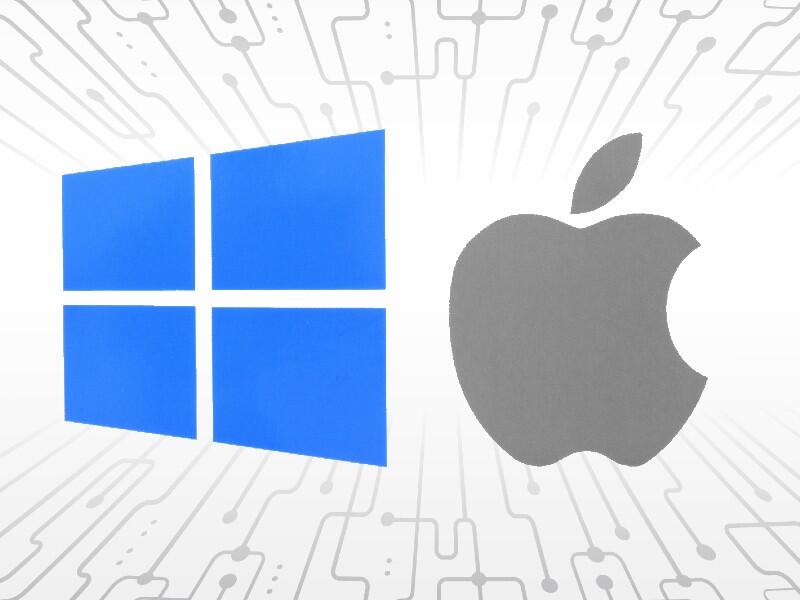Key Considerations for Negotiating Executive Contracts
Learn how CEOs, CSOs, CTOs, and CFOs can negotiate strong executive contracts, covering compensation, equity, and severance protections for career security.

For high-level executives, securing a well-negotiated employment contract is crucial to ensuring fair compensation, job security, and career growth. Whether stepping into a new role or renegotiating an existing agreement, executives must pay close attention to key contract terms to avoid restrictive clauses and financial setbacks. From CEOs to CFOs, every executive agreement should include clear compensation structures, equity arrangements, and severance protections. Here’s a comprehensive guide to negotiating strong contracts across various executive roles.

The Importance of a Well-Structured CEO Contract
A CEO contract is more than just a formal agreement—it defines a leader’s compensation, authority, and long-term benefits. Startup CEOs, in particular, must negotiate competitive salary packages while securing equity ownership and exit protections. Key terms to consider include stock options, performance-based incentives, and protections against early termination. Without careful negotiation, a CEO could face unfavorable conditions that impact their financial security and leadership role.
Negotiating a Strong CSO Contract
A CSO contract (Chief Security Officer) must cover critical areas such as cybersecurity liability, regulatory compliance responsibilities, and compensation structures. Given the increasing importance of data security in today’s corporate landscape, CSOs carry immense responsibility in protecting sensitive information. As such, contracts should clearly define risk mitigation clauses, performance-based bonuses, and severance terms. Without these protections, a CSO may face legal vulnerabilities and limited career mobility.
Key Considerations in a CTO Contract
A CTO contract (Chief Technology Officer) is essential for outlining the executive’s role in leading innovation, product development, and IT strategy. CTOs should negotiate equity stakes, intellectual property rights, and exit clauses to ensure fair treatment in the event of leadership changes or acquisitions. Additionally, defining clear non-compete agreements is critical to maintaining career flexibility. A poorly negotiated contract may result in restrictive post-employment conditions or inadequate compensation.
CFO Contracts: Ensuring Financial and Job Security
A CFO contract (Chief Financial Officer) plays a pivotal role in managing a company’s financial health. Given the high stakes of financial oversight, CFOs must ensure their contracts include competitive salary packages, stock options, and protection against liability in case of financial disputes. Severance agreements should also be clearly defined to prevent financial losses in case of sudden termination or corporate restructuring. Without proper legal oversight, CFOs could face risks that impact both their professional standing and financial well-being.
Final Thoughts

Executives in leadership roles must take contract negotiations seriously to protect their interests, ensure fair compensation, and maintain career flexibility. Whether securing a CEO contract, CSO contract, CTO contract, or CFO contract, executives should seek expert legal guidance to negotiate favorable terms. Robert A. Adelson & Associates has extensive experience in crafting executive agreements that align with industry standards while safeguarding financial and professional interests. Understanding key contract elements and leveraging strategic negotiation techniques can help executives build long-term success and security in their careers.
What's Your Reaction?
















